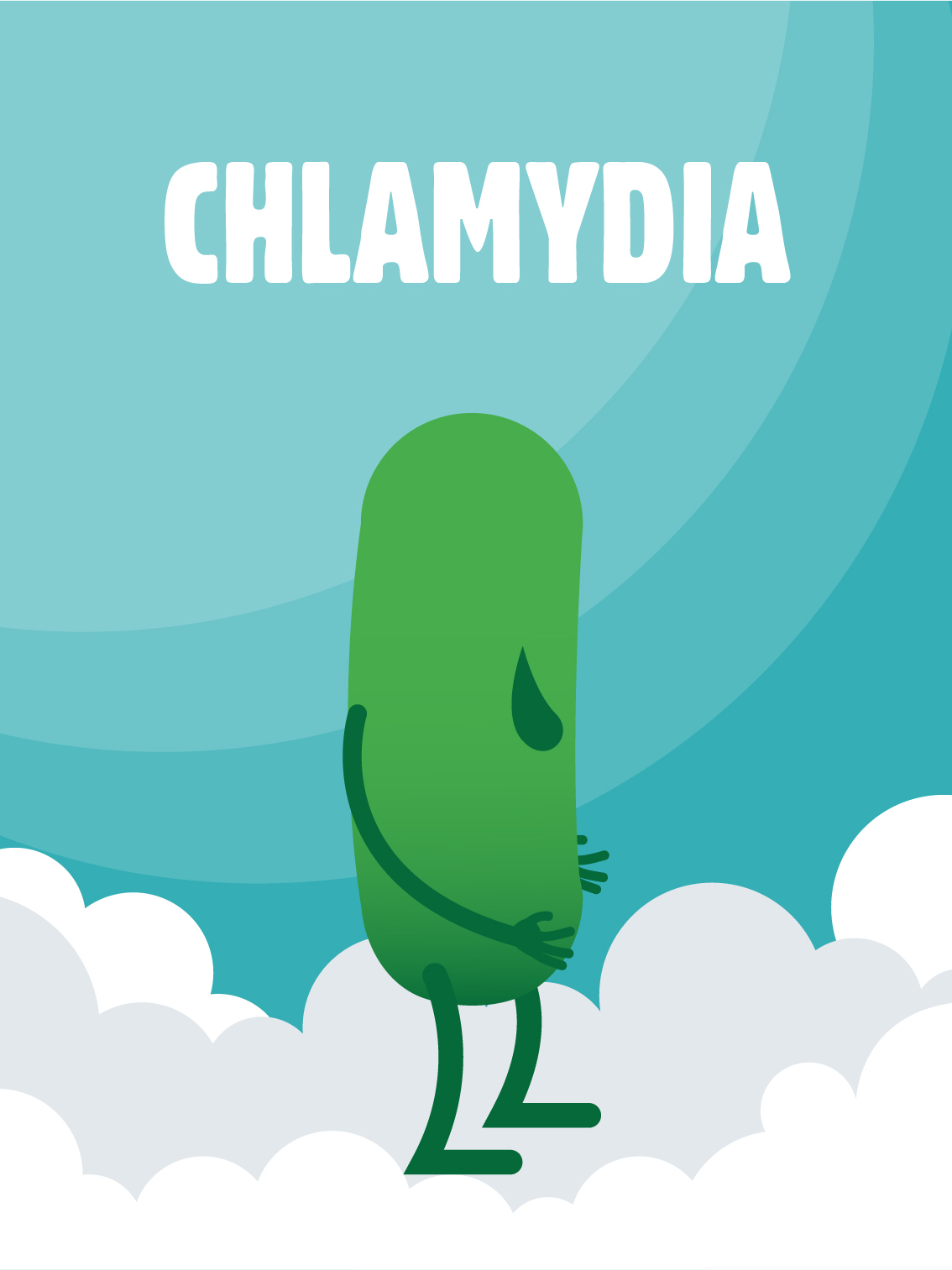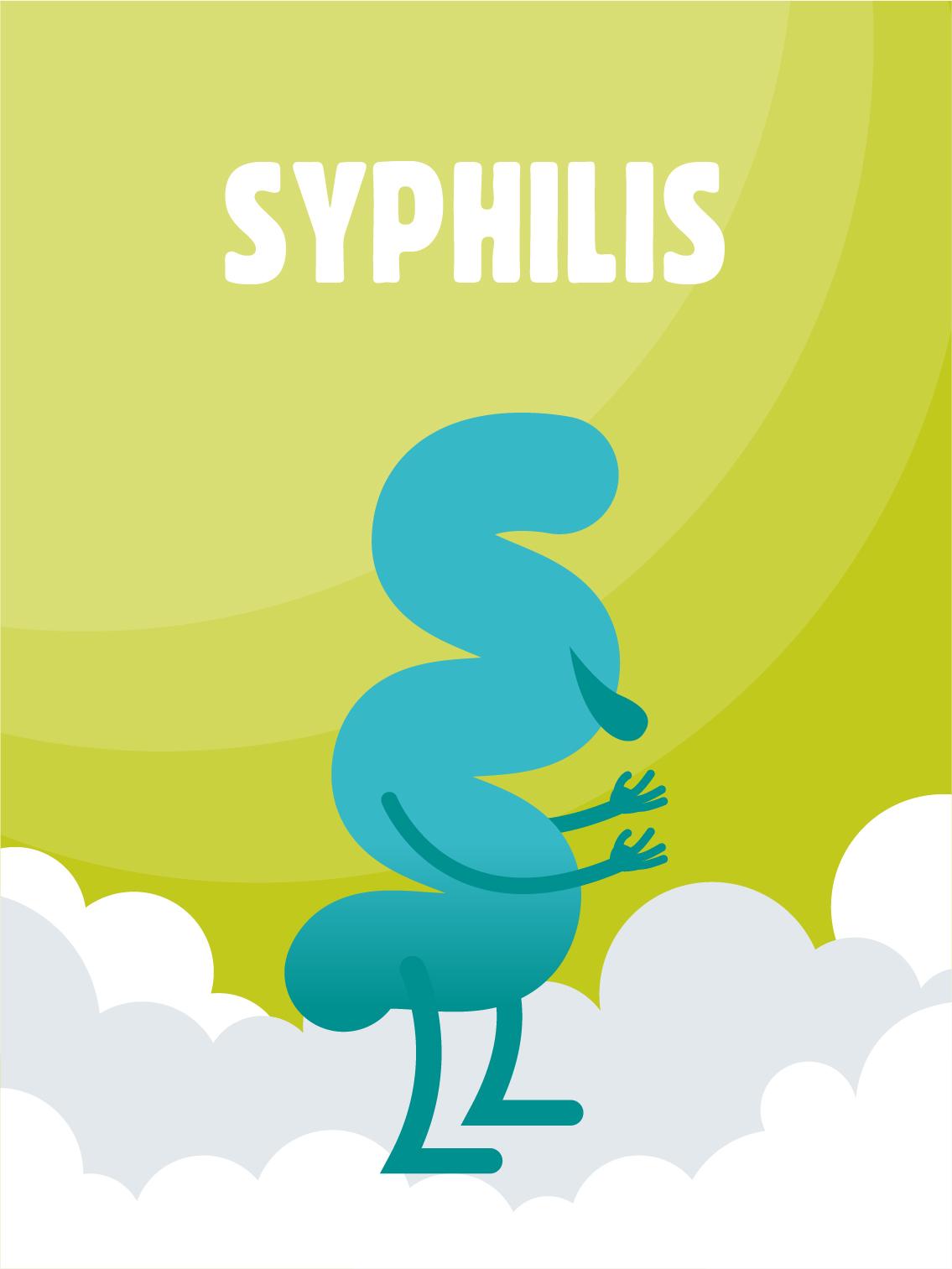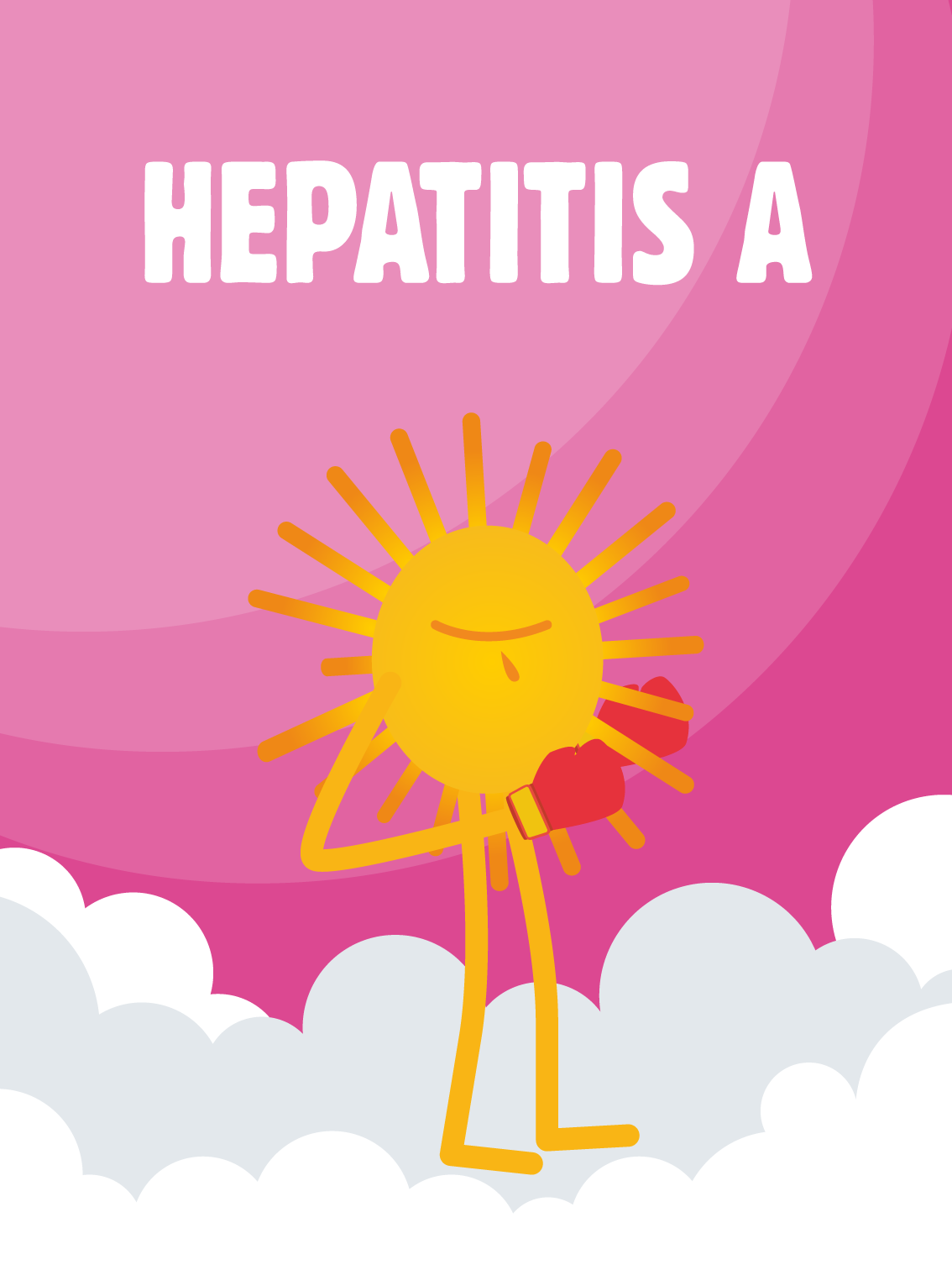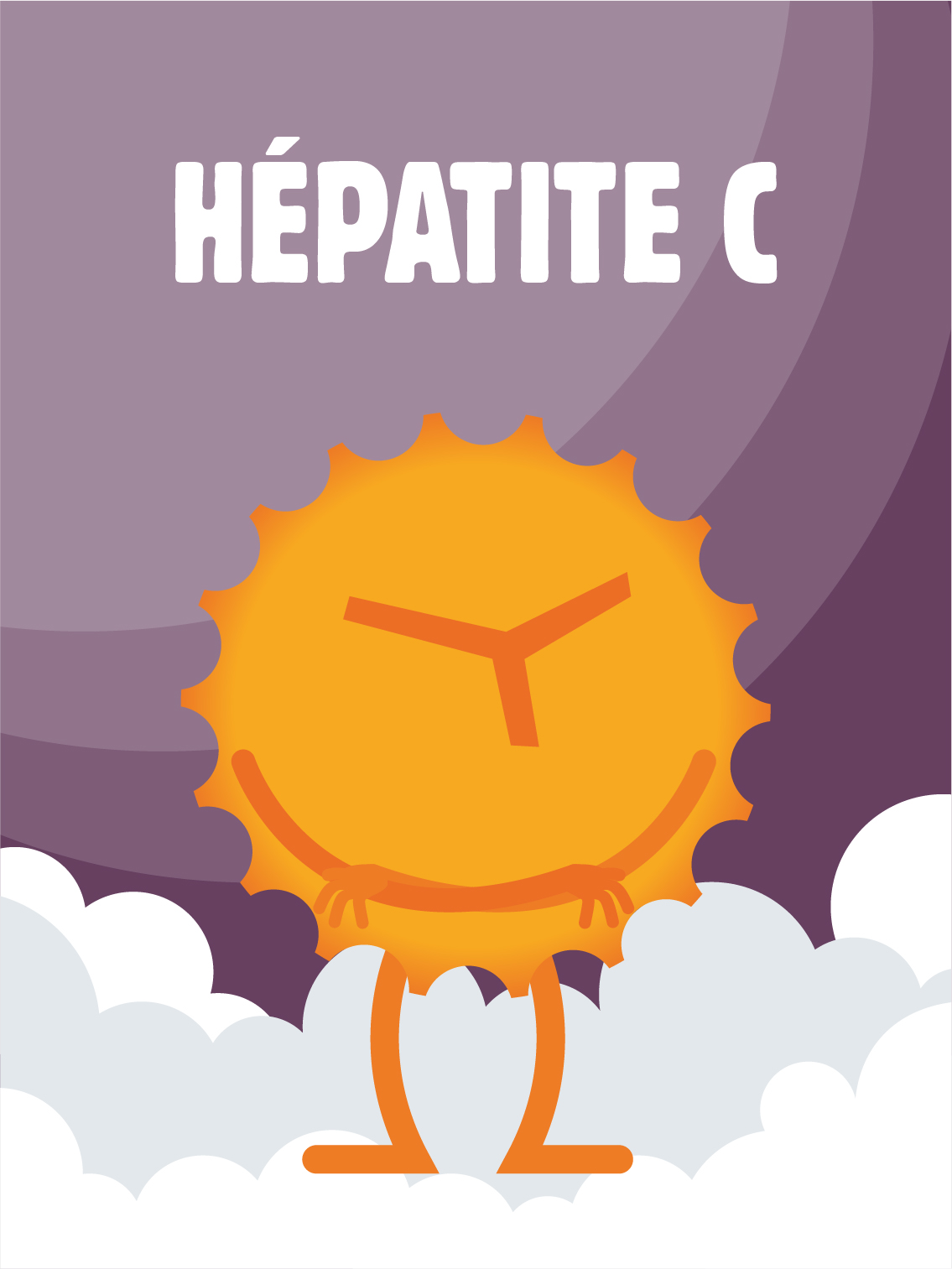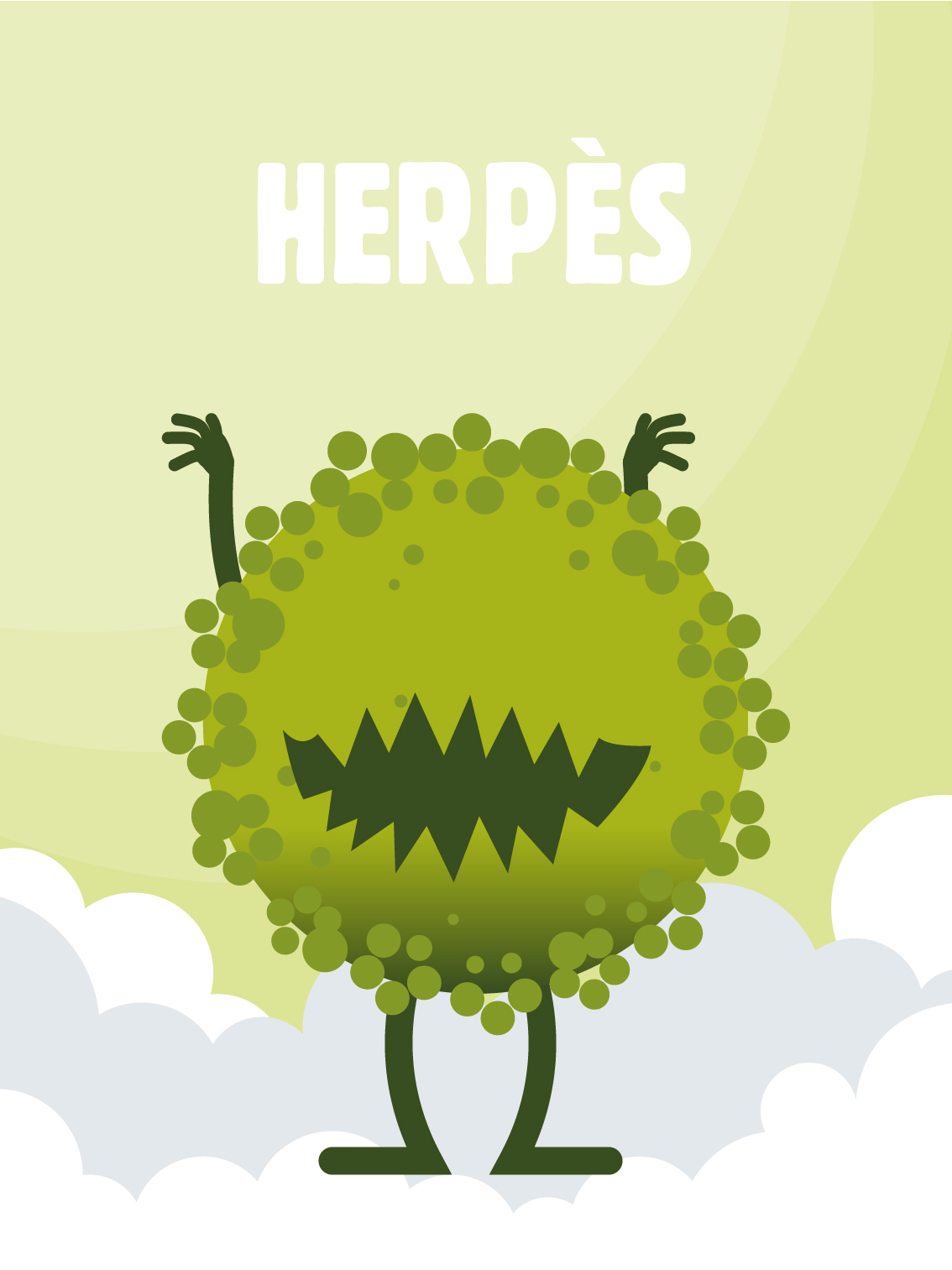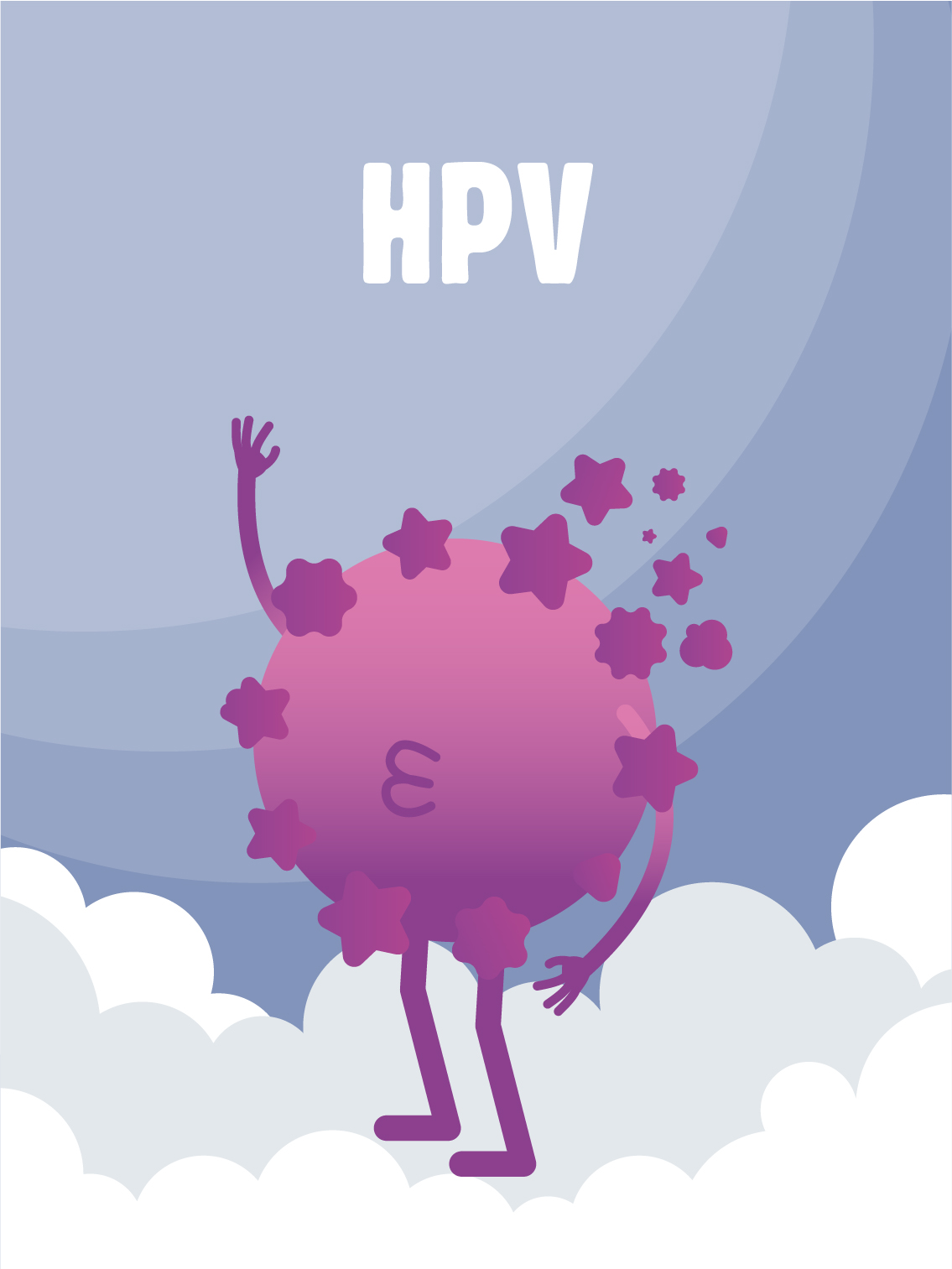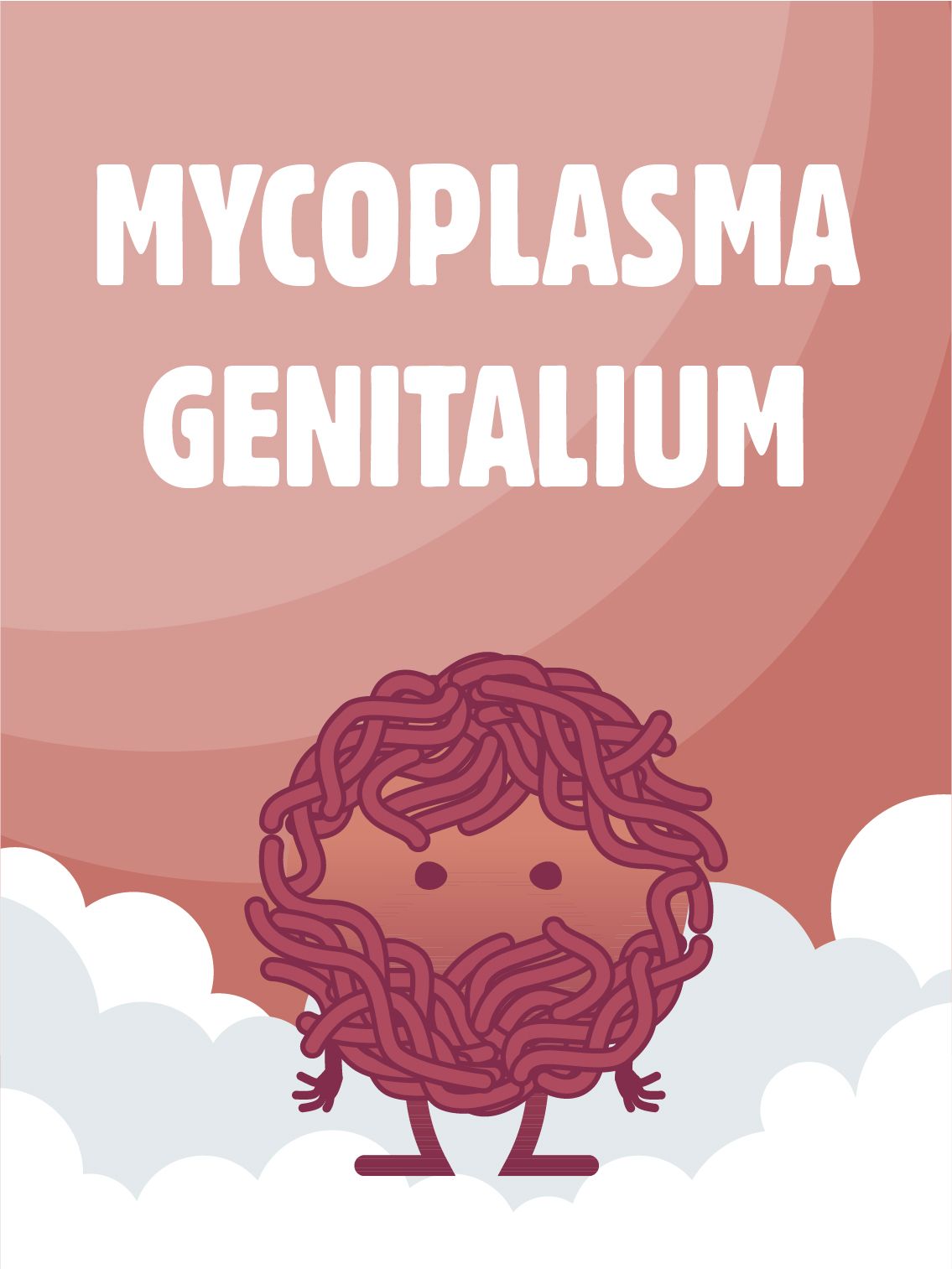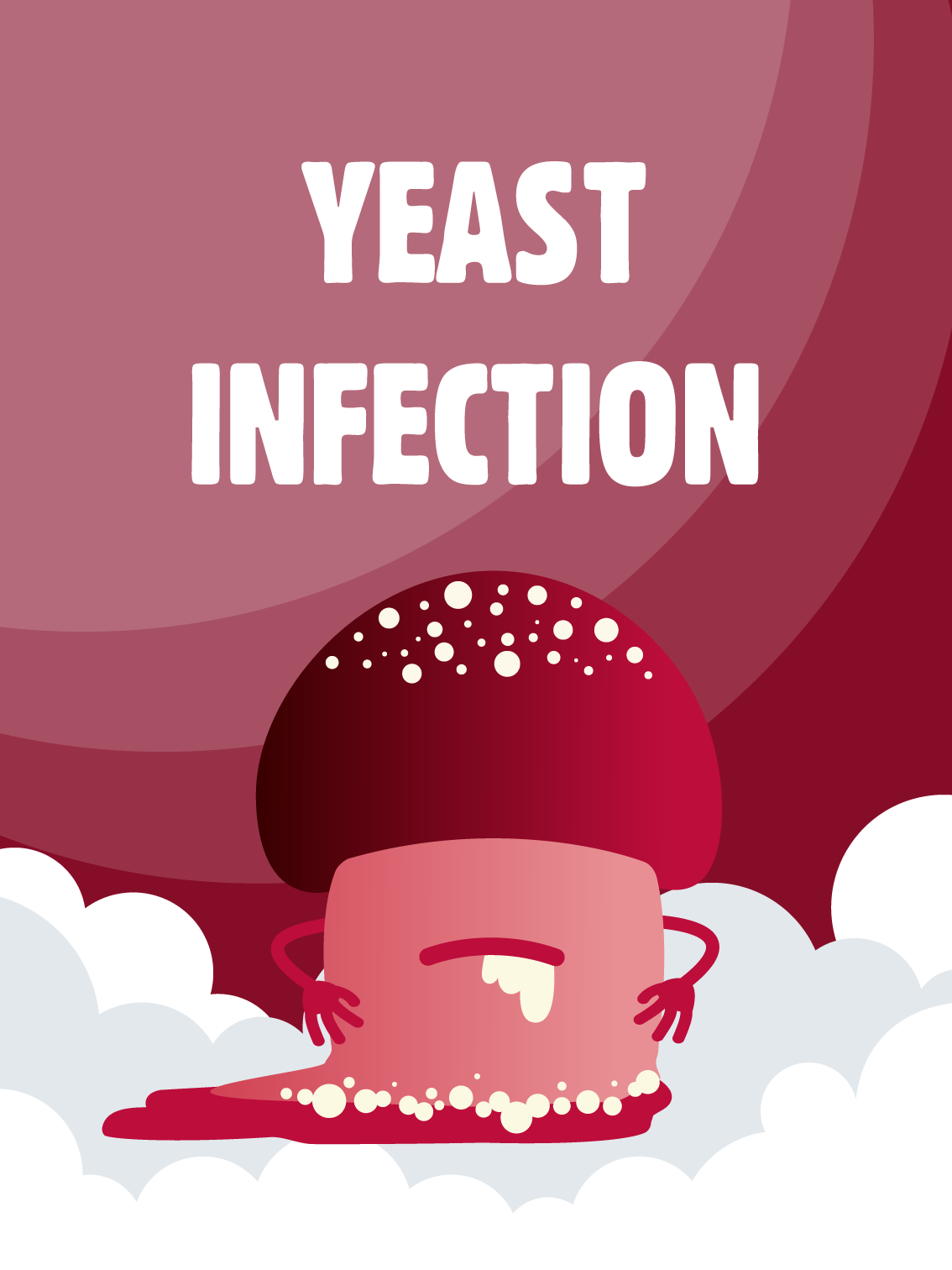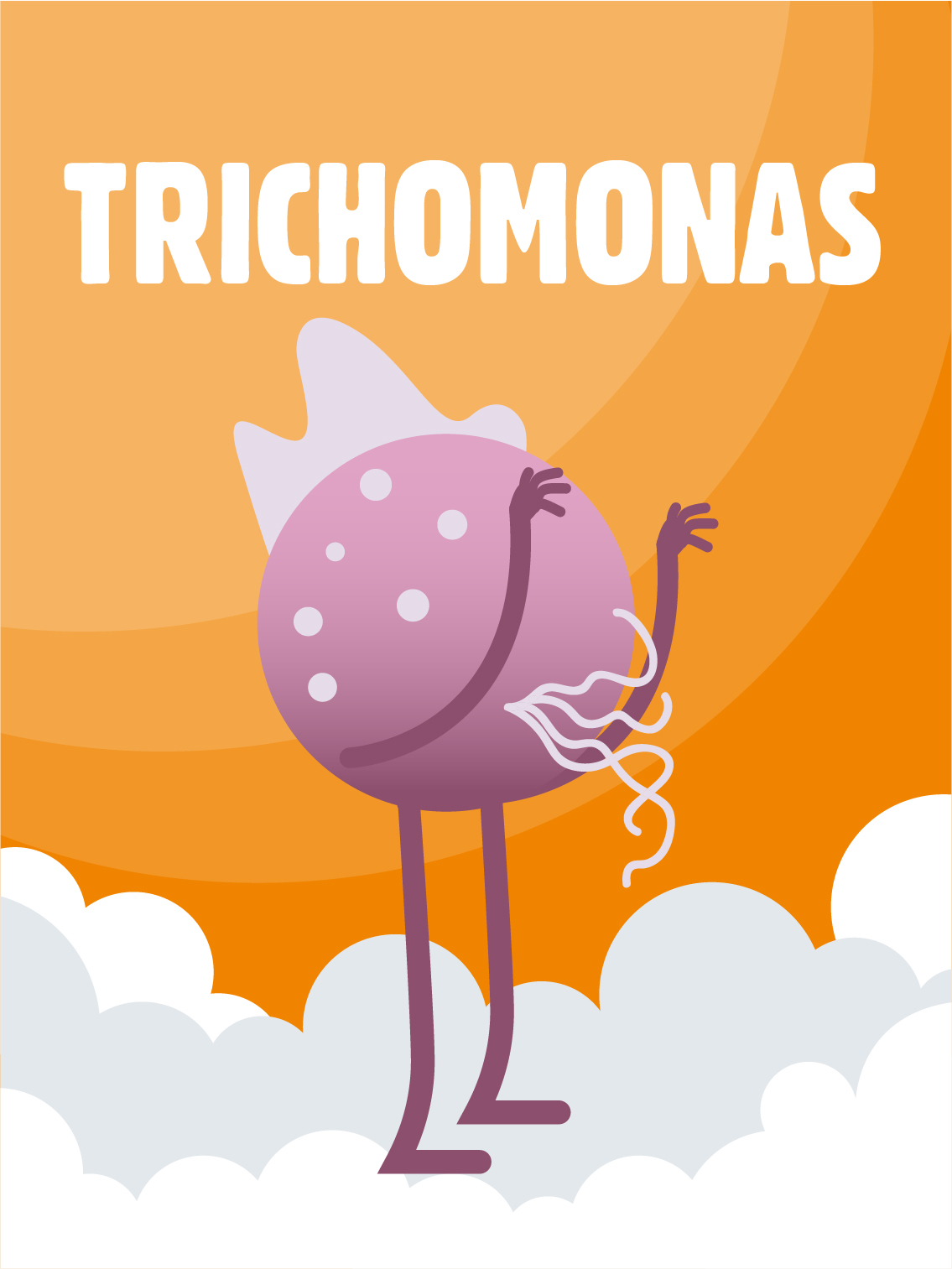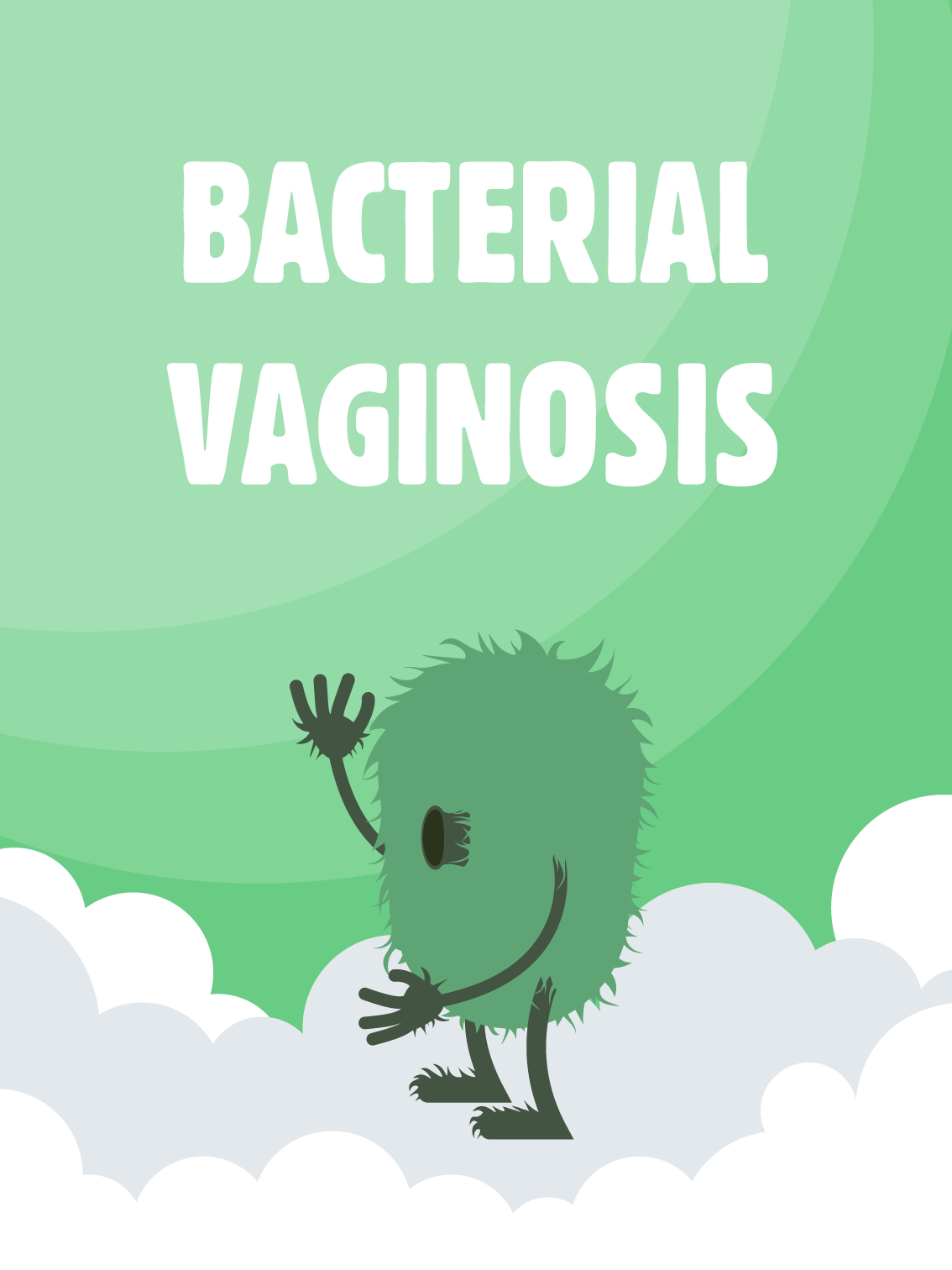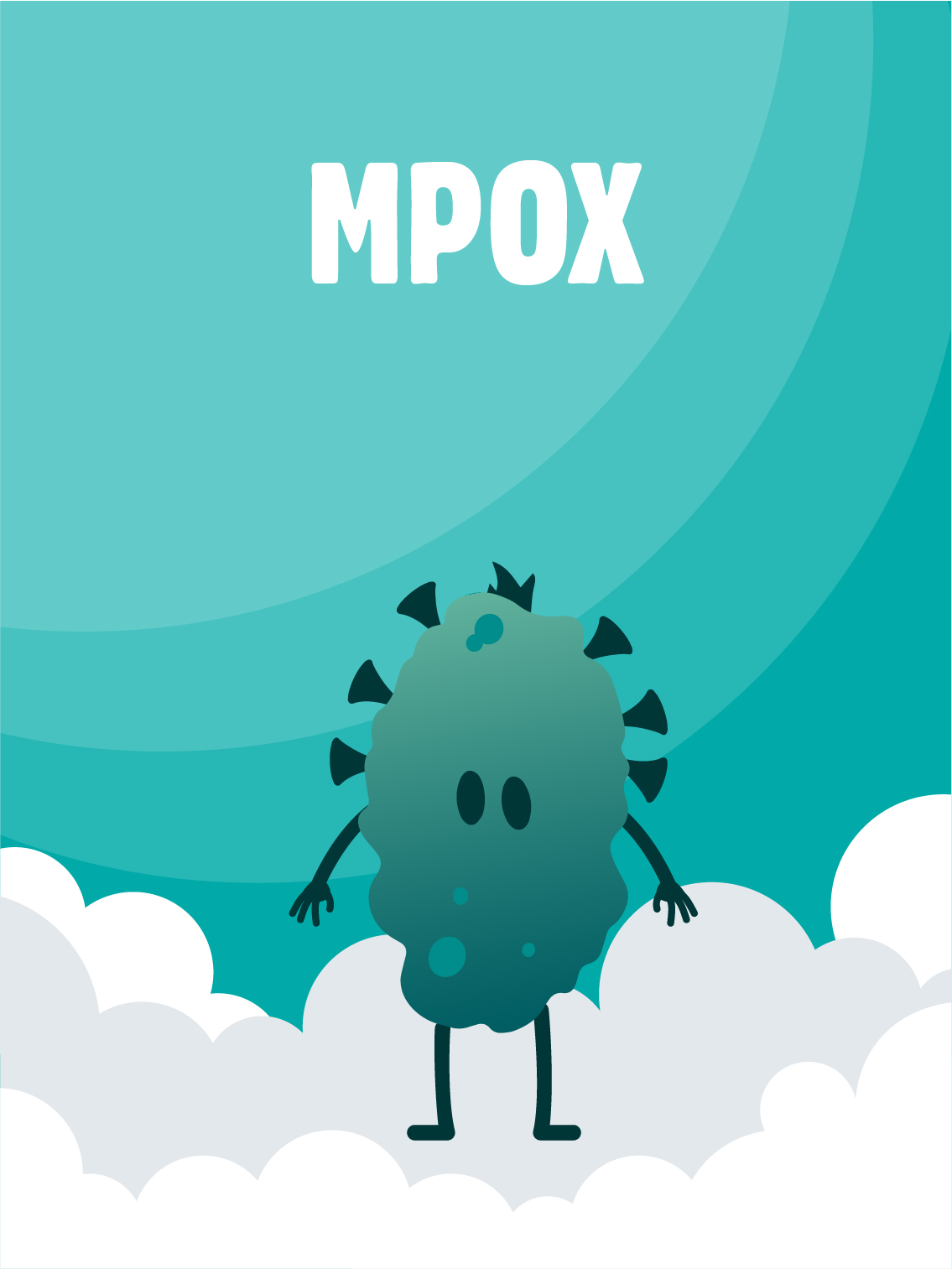Mpox

Mpox, previously known as "monkeypox", is a viral infection caused by Simian orthopoxviros. The virus is mainly found in Central African countries. In 2022, there was an epidemic outside this region, including in Belgium and other European countries, mainly affecting gay and bisexual men. Since then, the number of new cases in Belgium has remained very low.
Mpox is transmitted between individuals mainly by skin or mucous membrane contact (mouth, sex, anus), and in rarer cases by droplets (sputters, sneezes, indirect contact with cloths, etc.). Although not strictly speaking an STI, sexual intercourse favors its transmission.
Symptoms of Mpox can appear between 1 and 21 days after infection.
The usual symptoms of Mpox are :
- skin rash;
- fever;
- Sore throat;
- headaches;
- muscle aches ;
- back pain;
- lack of energy;
- swollen lymph nodes.
As long as the infected person has symptoms of Mpox, he or she remains highly contagious, and it is advisable to remain isolated until the symptoms have disappeared.
Some people can develop a severe form of Mpox, which can lead to serious health problems. For example, bacterial infections can develop on the skin, causing abscesses and extensive lesions.
Other complications may arise, such as :
- pneumonia,
- an eye infection that may lead to loss of vision,
- pain or difficulty swallowing,
- vomiting or diarrhea, which can lead to dehydration or malnutrition,
- infection of the blood (septicemia) or serious inflammation of the brain, heart, rectum, genitals or urinary tract.
In some cases, Mpox can be fatal.
Diagnosis of Mpox is possible in the event of relapses:
- via a medical examination;
- via a local swab.
Most people with Mpox recover within two to four weeks.
Treatments are available to alleviate the effects of symptoms and prevent complications.
Smallpox vaccine offers a certain level of protection against Mpox, but not 100%. On a case-by-case basis, this vaccination may be recommended, in particular :
- for exposed healthcare and personal assistance staff ;
- people living in the same household as a person with Mpox or in their close circle, including children;
- people with multiple sexual partners, especially men who have sex with men (MSM);
- sex workers and their clients.
If you are infected with Mpox, the WHO recommends :
- call your doctor for advice;
- stay at home, if possible in your room, which should be well ventilated;
- Wash your hands often with soap and water or hand sanitizer, especially before and after touching lesions;
- wear a mask and cover your lesions when you are near other people, until the rash has healed;
- keep your skin dry and do not cover it (unless another person is in the same room);
- Avoid touching objects in shared areas and disinfect these areas regularly;
- use salt water mouthwash to treat lesions in the mouth;
- Take warm baths with baking soda or Epsom salt to treat lesions on the body;
- take over-the-counter pain medication, such as paracetamol or ibuprofen, as recommended and in the prescribed dosage.
What not to do :
- bursting or scratching the blisters, which can delay healing, spread the rash to other areas of the body and lead to infection of the lesions;
- shave lesion areas until the scabs have fallen off and a new layer of skin has formed (this can spread the rash to other parts of the body).
Sources
World Health Organization: WHO & World Health Organization: WHO. (2024d, August 26). Simian smallpox (mpox). https://www.who.int/fr/news-room/fact-sheets/detail/mpox#:~:text=La%20mpox%2C%20anciennement%20d%C3%A9sign%C3%A9e%20sous,%2Dclades%20IIa%20et%20IIb).
Mpox.(s. d.). sciensano.be https://www.sciensano.be/fr/sujets-sante/mpox
Mpox (monkeypox) epidemiological situation as of August 27, 2024. (2024). In sciensano.be. Belgium.

